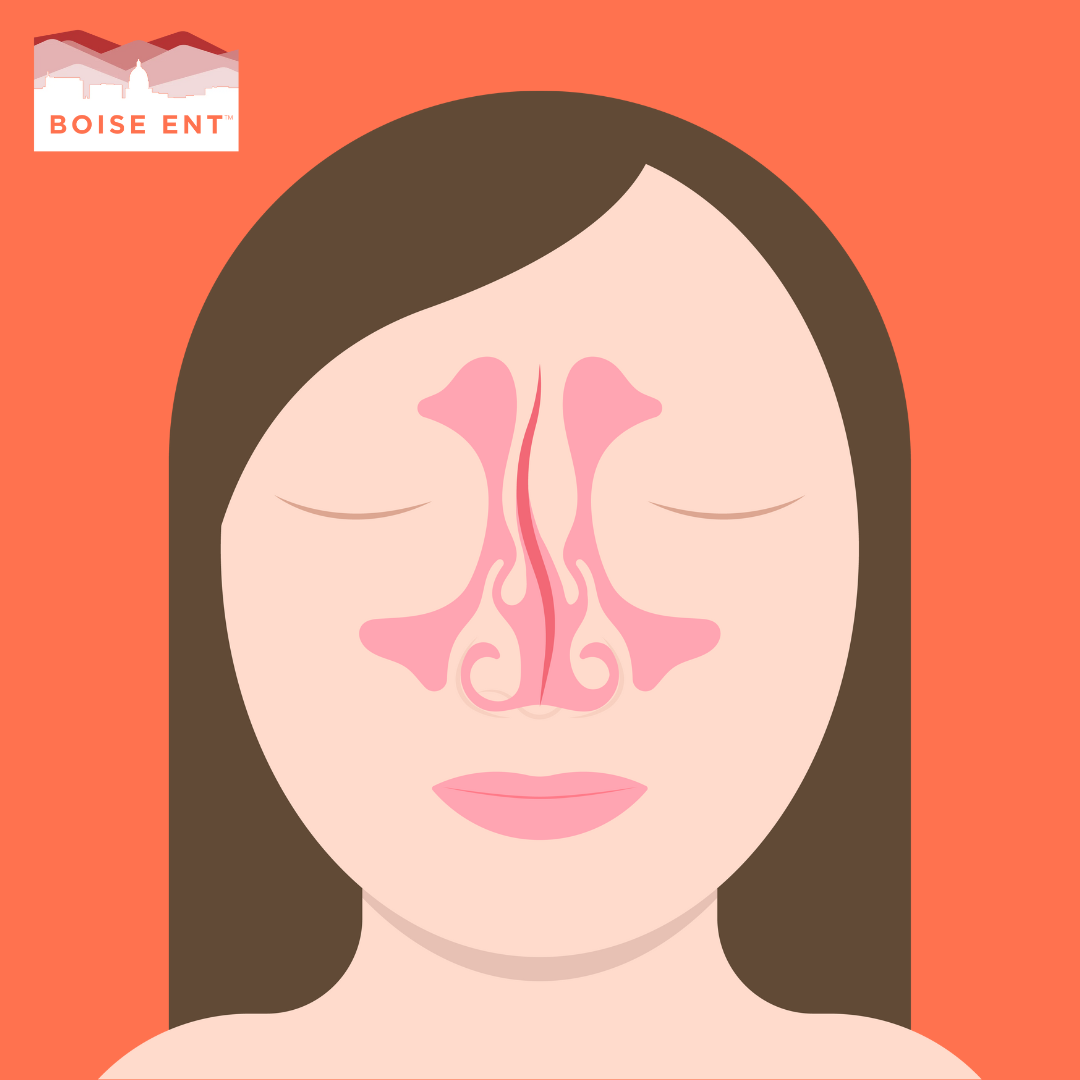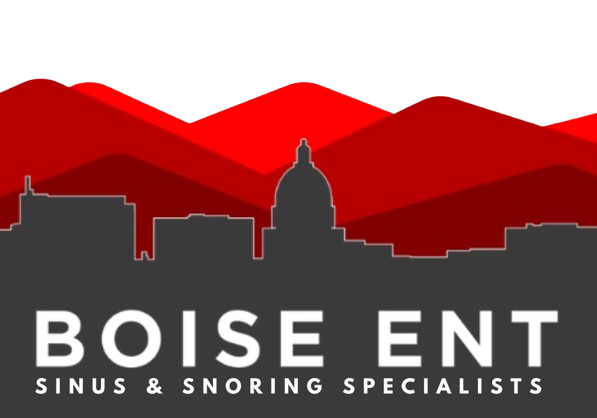
What Is A Deviated Septum?
A deviated septum is a common medical condition that can have a significant impact on your quality of life. The nasal septum, a thin wall of cartilage and bone that divides the nasal passages into two, can become deviated or displaced, causing a range of problems, from breathing difficulties to chronic sinus issues. When this is the case there are various treatment options available to help you breathe easier and live a healthier life. It is best to book an appointment with an ENT specialist near you if you are dealing with sinus trouble due to a deviated septum.
A deviated septum occurs when the nasal septum is displaced from its central position, causing one nostril to be significantly smaller than the other. This deviation can be present at birth or result from an injury, such as a broken nose. Common causes of deviated septums include genetics, congenital deformities, and accidents.
If you live in Boise or in one of the surrounding communities we invite you to book a sinus assessment with Dr. Don Beasley here at Boise ENT Sinus & Snoring Specialists. He will be able to diagnose your sinus symptoms, determine if you are dealing with a deviated septum or possibly some other sinus issue such as chronic sinusitis, and come up with an effective treatment plan to help you be able to breathe easier once more.
TLDR:
- A deviated septum is a common condition where the nasal septum is displaced, affecting breathing and causing issues like sinus infections and snoring.
- Symptoms include nasal congestion, headaches, nosebleeds, and difficulty sleeping.
- Treatment options range from medications and nasal irrigation to surgical procedures like septoplasty and rhinoplasty.
- Insurance typically covers septoplasty for medical purposes but not for cosmetic rhinoplasty.
- Consulting an ENT specialist is crucial for diagnosis and treatment to improve quality of life.
On This Page: Symptoms of a Deviated Septum, Deviated Septum Treatment, Contact A Deviated Septum Expert
Symptoms of a Deviated Septum
While having a crooked nose can sometimes mean that a deviated septum is the cause this is not always the case. You cannot simply determine if you have a deviated septum by looking at your nose. In many cases, it is impossible to tell if the septum is deviated until an experienced ENT specialist near you is able to properly examine it. So, how do you know if you have a deviated septum?
There are a number of symptoms that could be a sign that you have a deviated symptom. Some of the most common of these include:
Nasal Congestion: One of the most common symptoms of a deviated septum is chronic nasal congestion, making it difficult to breathe through one or both nostrils.
Recurrent Sinus Infections: A deviated septum can obstruct the drainage of mucus, leading to recurrent sinus infections and facial pain.
Nosebleeds: Dry or irritated nasal passages from the difficulty of breathing through a deviated septum can lead to frequent nosebleeds.
Loud Snoring: Obstructed airflow can cause snoring during sleep, leading to disrupted rest for both you and your partner.
Difficulty Sleeping: Difficulty breathing through the nose may result in poor sleep quality and interrupted sleep patterns.
Headaches or Facial Pain: The improper airflow caused by a deviated septum can irritate the sinuses which can cause headaches or facial pain
